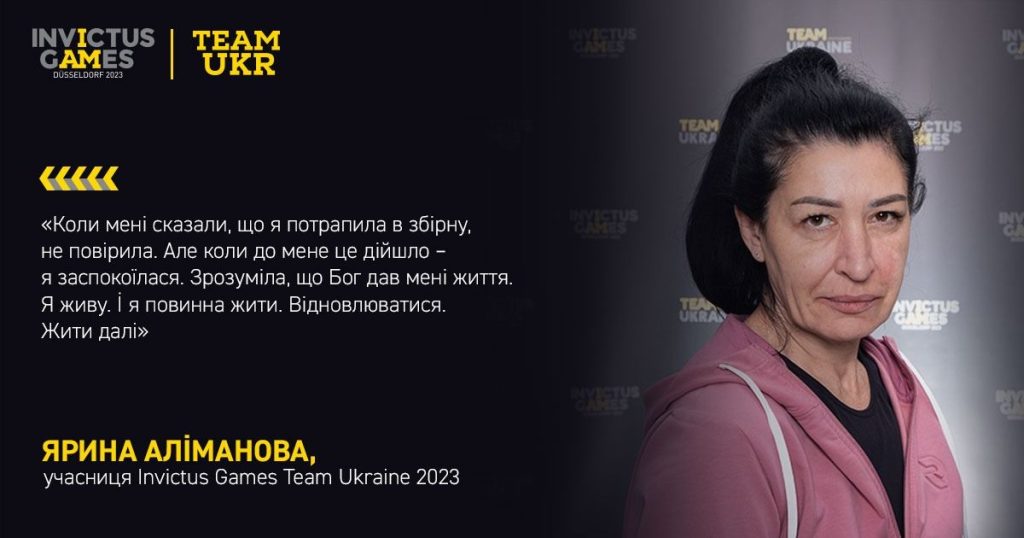Before the war
I come from an athletic family, I have been into cycling since childhood, and I am a master of sports in cycling. I graduated from the Mykolaiv School of the Olympic Reserve, was a member of the USSR national team, attended a school of higher sportsmanship, and graduated from two sports institutes. Sports, sports, sports. I couldn’t sit still, I’ve been racing all my life. And besides sports, I really like to draw. And I’m quite good at it. I like using paint and drawing nature. I love flowers. I used to have such greenhouses. I’m quite a homely person. I like to cook, stay at home, keep things clean, keep everything in order, and control everyone at home.
The Revolution of Dignity
Even though I am homely, I had to go to the Maidan. At first, many of my friends went there. It’s not true when people say that Mykolaiv, being a russian-speaking region, gravitated towards russia. In fact, first, my friends went to the Maidan from Mykolaiv, and then the districts from the region followed.
I went there myself to see what we wanted and needed. We wanted to live better as a European country. We wanted our children to live a life they saw abroad. We wanted it to be the same for us in education, in everyday life, in housing, everything.
After the Maidan, I probably started to appreciate my land more. Every single metre of it. The Maidan united us. I have more friends, like-minded people with whom you can talk and understand that I am strong, that I am one of them. I mean, you will not be lost with them. You can go into battle, and you can defend and protect your family.
The first years of the war
I felt great in my unit, despite all the problems of women in the army in 2014. I was welcome because I was always on par with men, and in good physical shape. You have to prove yourself as a fighter right away, you have to show that you came to stand on an equal footing with men.
I know Donetsk and its suburbs very well. During the first months of the war, we were in the hottest spots of the Donetsk region: Sloviansk, Kramatorsk, Avdiivka, Zaitseve. I was a volunteer then. I started serving in 2017.
I was a medic. As we used to say: “If we have to be cooks – we will be cooks. If we have to be medics and gunmen, we will be.”
Probably at war everything kind of freezes inside you and you don’t really pay attention to certain things. It all comes back to you later. When everything passes, and you are finally calm, you sit down in silence and start thinking about everything, explaining things that happened to yourself. And then, as they say, it hits you.
It seems to me that all the trips to the ATO area were dangerous, but then you just do your job, you don’t think about emotions. And when you are all alone – you start thinking about everything. At some point you start wondering: “Do I really need all this? Where did I get myself into, what on Earth am I doing?” And there was only one explanation – I guess I had to. No one but us – is the right slogan. That person – wouldn’t go, and that one either. Some people would say that I was stupid. So who would be ready to go in the end? Me. I’m strong. I can take it.
In the moments of the worst burnout, I immediately returned to sports. I would go back to the gym and get fit. I also went to competitions. That is, I somehow managed to balance.
I did not have any breaking points for a very long time. I was in such balance until 2022. I was able to hold myself together, stepping away from it, or coming back again. But 2022 was the turning point.
Back in 2018, I met a psychiatrist, the head of the Odesa Psychiatric Hospital, and he told me: “You are smiling so much, but you are like a compressed spring, and one day the moment will come when this spring will shoot.”
In 2019, there was one event that happened that I will not tell you about. I believe I was right in that situation. But I immediately called my doctor and came to see him. We talked and I asked: “Is that all, did she shoot?”. And he said: “No. It was just an instinct of self-defence”.
Full-scale war
In October 2021, we were taken to the border with Belarus. We were being prepared for a real war. I always understood that there would be a full-scale war. Our colonel, a very experienced man, always talked about it. He had been through Afghanistan and peacekeeping missions in Africa. He always said: “It will not end in Donbas. Something will happen”. But no one knew when.
We were ready to fight back, but it really started suddenly. We probably did not expect such a big war. We thought that they would just start bombarding us with those helicopters and overnight they would be right under our noses. We lost a lot of people while we were recovering, getting our bearings, and figuring out where to stand, and what to do.
On the eve of February 24, I was guarding the barrier at the checkpoint. And around one in the morning, cars started to drive, and the management representatives were driving around. At first, I thought something had happened somewhere. They started urgently refuelling the vehicles, and tankers with fuel arrived to fill up their BMWs. I asked what happened, and they answered: “russia attacked”. I thought: “What do you mean attacked? It already attacked us in 2014…” “The invasion!” they explained. And I still couldn’t comprehend it.
The next day, our 3rd Battalion and 1st Battalion were defeated, and the 2nd Battalion moved further into Belarus. Then we moved towards Zhytomyr, Kyiv, and on March 11 we went on the offensive to Makarivka, Ozerne, Yuzhne. But the russians were waiting for us there, and we were ambushed.
We also partially participated in fighting for Irpin. And other two directions – Kherson and Mykolaiv. I was crying that I was going to Mykolaiv because it was my homeland, my children were there. When we were clearing the villages, I didn’t feel any fear or pain. The feeling of home protection is very strong and important. When we arrived in the Mykolaiv region, I found out that several of my classmates were in the territorial defence and that my children had been evacuated. Since there was no connection, I did not know that my children were not in the city.
I have a feeling that my dear Mykolaiv region did not spare anyone, neither people who became close to me nor my family. The battles were really intense and the losses were great.
Then, for some reason, I was left near Mykolaiv with four wounded guys. We returned to the house where we were hiding. There was no connection but I remembered that somewhere in the garages there was an old APC and a damaged Hummer. I dragged the guys there. The russians were completely destroying this village. We somehow managed to start the Hummer and we drove through some fields at night.
And then I found myself in a hospital in Odesa.
I put this war above these values. When I went to war, my eldest daughter was 19 years old, and my younger daughter was 12. Even now, when I was in hospital and my younger daughter was allowed to visit me, she did not recognise me. She lives in Odesa and took me to her home for a few days. She called her friends and they applied facial masks to my face and dyed my hair. I didn’t want all that at the time, but my daughter said: “I want you to be a mum, not a soldier”. These words really touched me.
But the full-scale war brought us closer together.
What are you proud of?
I am proud that I was able to run 10 kilometres in all my ammunition, while some men were falling. My unit was proud of me. That’s how I managed to motivate the men.
Does a woman in the unit influence men?
My unit was formed when I joined it. For some time, they were testing me to see what I would do – whether I would go with the colonels or stand next to everyone else. I was accepted because I was on par with everyone else. In some units, there are still stereotypes: if a man joins the army, he’s a good man. And when a woman comes, you have to prove what you can do. And you have to show it. You should neither treat men in any way special nor start relationships with them. You have to be on the same level.
What was the most difficult part?
The most difficult thing was probably the fact that I couldn’t fully be a mother.
What are your strengths and motivations?
My granddaughter. She will be eight years old soon. She says: “Just promise me that you will not go to war again and that you will not fight, do not fight with anyone, stay at home”. “Bring me a medal. Are you going to bring me a medal?”. She puts on all my medals and walks around.
How should civilians respond to veterans?
First of all, I would like our country to treat us with respect. It would be great if we didn’t have to go through all this hell to get documents to receive treatment and rehabilitation.
A simple “Thank you” from civilians would be enough. I always said to my comrades: “Thank you for my children. Thank you for the fact that my granddaughter is going to the first grade”. This is enough for us. Each of us will understand what we have done for this.
People should not focus on our injuries, because it is quite hard for a lot of people to accept themselves.
Why do you want to take part in the Invictus Games?
My muscles completely atrophied from the amount of drugs I was treated with. I couldn’t stand, I couldn’t walk, I lost my hair. Now I have already defeated myself by coming to the gym. After the sixth training session, I felt my muscles.
When I was told that I had been selected for the national team, I didn’t believe it. But when I realised it I calmed down. I realised that God had given me life. I am alive and I have to live. I have to recover and move on.

